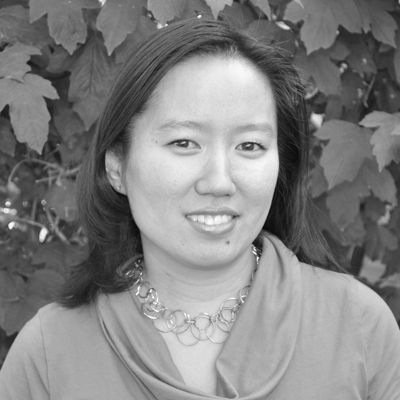This webinar provides a description of Prevent-Teach-Reinforce for Young Children, a model of intervention for young children with the most persistent and severe challenging behaviors. The model is based on the well-established procedures of positive behavior support, but is designed to help providers implement the assessment and intervention strategies with a high level of fidelity, leading to improved effectiveness. PTR-YC is a process for use in early childhood care and education settings, including pre-K classrooms, and consists of teaming and goal setting, practical data collection, functional behavioral assessment, intervention planning and implementation. All steps are designed for use by typical early childhood providers.
Prevent-Teach-Reinforce for Young Children: An Intervention Model for the Most Serious Challenging Behaviors
Date:
Dec 14, 2012Time:
12:00 AM(Eastern Time Zone)
Duration:
1 hr 25 min
Related Resources
Certificate Info
Certificate of Attendance
A certificate of attendance is not currently available for this webinar.NCPMI Presenter(s)

Glen Dunlap
University of Nevada
Glen Dunlap has been involved with the Pyramid Model since its original development, and has conducted extensive training, technical assistance and research on the social and behavioral functioning of young children. Over the past 45 years, he has also worked in the areas of positive behavior support, autism and other developmental disabilities, foster care, family support, and emotional and behavioral disorders. He lives in Reno and is affiliated with the University of Nevada, Reno.
Guest Presenter(s)

Janice Lee
Janice Lee is a member of the research faculty at the University of Nevada, Reno, where she is the research coordinator for the randomized control trial of PTR-YC in Northern Nevada. In her role with Positive Behavior Support-Nevada, she is the coordinator for the statewide initiative to bring program-wide Pyramid Model implementation and information to all early care and education settings throughout the state. Her experience and interests include early childhood, challenging behavior, positive behavior support, social and emotional development, autism, and working with families. She has a Masters degree in Early Childhood Special Education. Since 1995, she has worked with children, families, practitioners and professionals at the local, state and national level as a consultant, coach, trainer and technical assistance provider.



